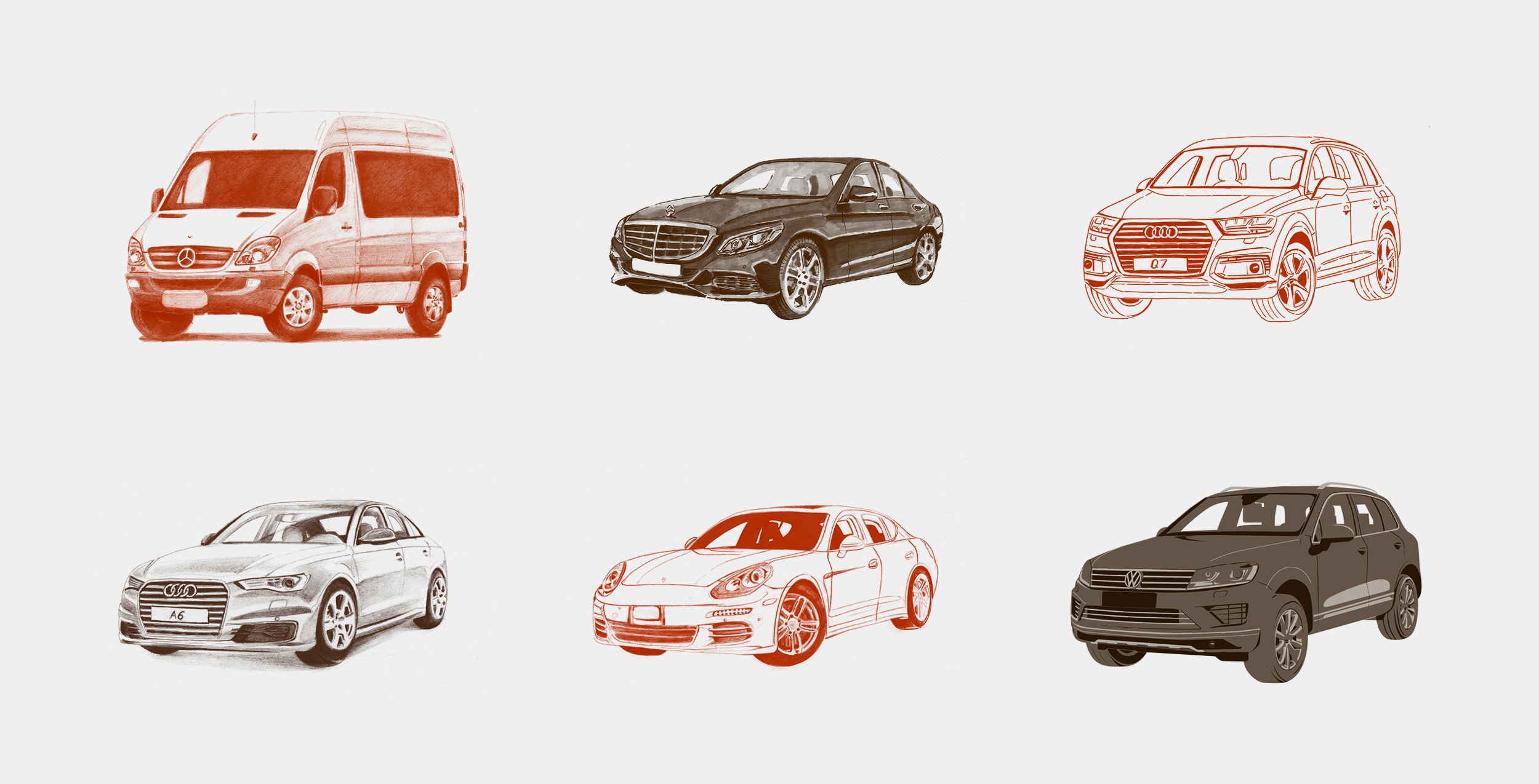Does a Software-Update solve the manipulation? The short answer is: no.
Car manufacturers are trying to get out of the Diesel scandal with diesel software updates. These software updates are basically meant to purge the car of any fraudulent elements when it comes to the amount of emissions.
However, several reports indicate the service measure often do not reduce pollutant emissions. Instead, reports are piling up about various problems after the updates have been applied, including:
Cars for which a software update is available.
o increased fuel and AdBlue consumption
o increased CO2 emissions
o increased engine noise independent of engine speed
o reduced engine efficiency
o performance issues, including reduced torque
o vehicles feeling slower and more ponderous.
The software updates come in different forms. Each engine type requires an individual variant of the update. The software variant used in each individual case depends, among other things, on the weight of the vehicle in question.
So how does a diesel software update work?
In simple terms, it causes the diesel engine to run permanently in the test mode. In other words, in the mode in which the manipulated software had previously reduced nitrogen oxide emissions, to pass the road approval test of the approval authorities. This is intended to achieve a reduction in emissions even in everyday road traffic.
However, the updates have caused serious issues in cars. Frequent consequences include increased fuel and AdBlue consumption, a stuttering engine, poor power and torque delivery and problems with the start/stop function.
Over a longer period of time, engine damage and defective diesel particulate filters can also occur.
This automatically raises the question of whether a diesel software update makes sense from a car owners’ perspective. There is understandably a great deal of uncertainty among owners of diesel vehicles. One of the reasons for this is that software updates are sometimes offered by the vehicle manufacturer or are required by the Federal Motor Transport Authority (“KBA”).
In principle, one can advise against carrying out the update in view of the impending problem. There is a risk of further fraud, and the vehicle may also lose value.
In principle, one can advise against carrying out the update in view of the impending problem. There is a risk of further fraud, because manufacturers (again!) mislead customers to believe that the software update would not have any negative effects. Additionally, the vehicle may also lose even more value.
Especially when the hardware is not adequate for the change, software updates create more problems than they fix. In case of EU6 models that are already fitted with a SCR catalytic converter and urea injection, the results of the software updates are better: NOx emissions are reduced while fuel and AdBlue consumption increase only marginally in most cases.
In conclusion, the only solution for vehicles at issue is a hardware update. Only SCR catalytic converters and urea injections are effective when it comes to reducing toxic nitrogen oxide emissions. Software updates cannot be effective in real world conditions if the hardware is not suitably fitted. For the software fix to work properly, further hardware has to be installed, namely SCR cats and urea injections.
The only solution for Dieselgate vehicles is expensive hadware upgrades.
However, hardware retrofits with SCR cats and urea injection are not possible for all models. In cases where they are possible, they cost approximately 1.400 to 3.300€. From an economic point of view the hardware update is just not profitable for the majority of used cars.
However, if the KBA requests an update, this is not a voluntary service provided by the car manufacturer. Rather, this is a measure taken by the state to ensure compliance with various legal requirements regarding pollutant emissions. As long as the requirements are not met, the vehicle may lose its permission and may no longer be used in road traffic.
Therefore, these requests by the KBA can be understood as a confirmation that the car manufacturer has indeed deceived its customer. This poses a solid foundation for an argument in court proceedings. The German courts have so far ruled in favor of this argument in many cases.
The chances of success in court and thus of payment of damages are therefore high, if your car was subject to an update request issued by the KBA.

